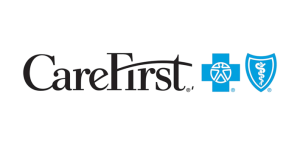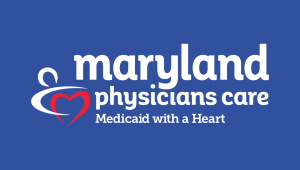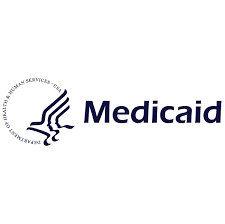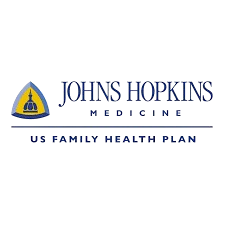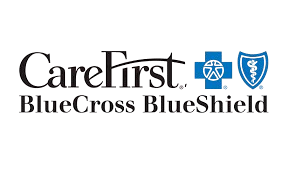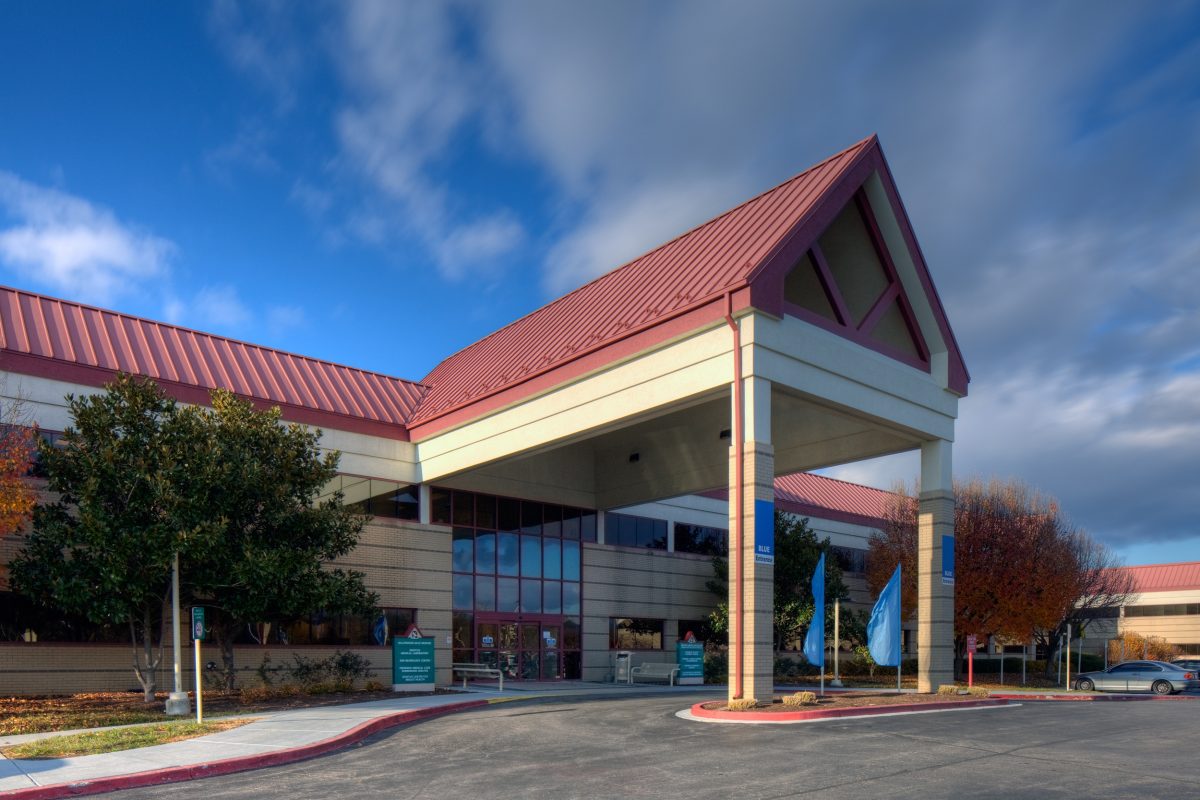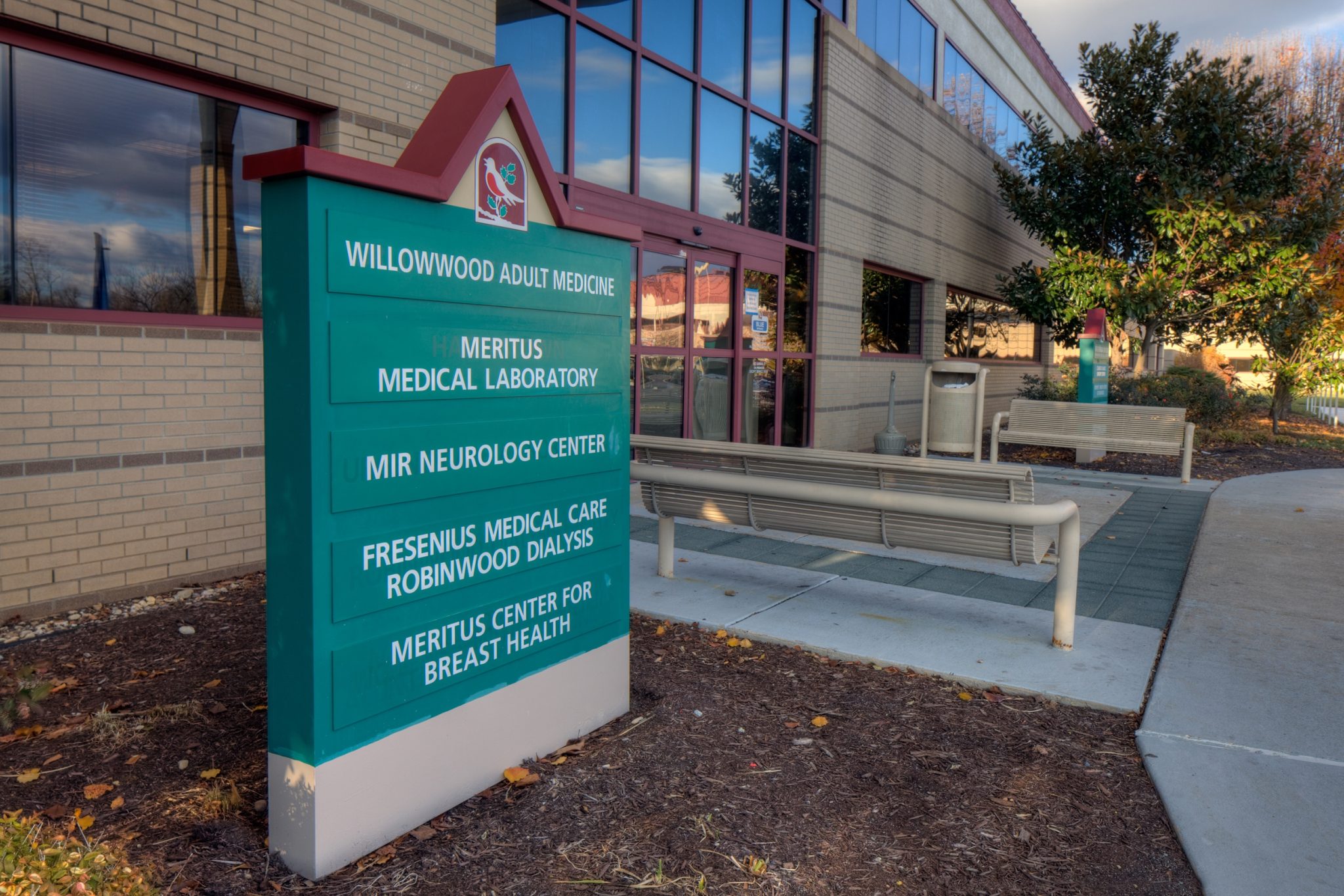We're Hiring! Join Our Team as a Nurse Practitioner - Apply Now. to Make a Difference in Patient Care!
Narcolepsy

Narcolepsy Treatment and Management Services
Narcolepsy is a chronic neurological disorder characterized by excessive daytime sleepiness, sudden and uncontrollable sleep attacks, and other sleep-related issues. People with narcolepsy experience extreme drowsiness during the day, which can interfere with their daily activities, work, and relationships. At our clinic, we specialize in diagnosing and treating narcolepsy to help patients manage their symptoms effectively and improve their quality of life.
What is Narcolepsy?
Narcolepsy is a sleep disorder that affects the brain’s ability to regulate sleep-wake cycles. Individuals with narcolepsy may experience sudden, overwhelming urges to sleep, even after a full night of rest. This can lead to unpredictable and uncontrollable sleep episodes during the day. Narcolepsy is typically divided into two types:
- Narcolepsy Type 1 (with Cataplexy): Characterized by excessive daytime sleepiness combined with cataplexy, a sudden loss of muscle strength triggered by strong emotions like laughter or surprise.
- Narcolepsy Type 2 (without Cataplexy): Involves excessive sleepiness without the occurrence of cataplexy.
Both types can cause significant disruption in daily life, but with proper treatment and management, many individuals with narcolepsy can lead active and fulfilling lives.
Symptoms of Narcolepsy
The primary symptoms of narcolepsy include:
- Excessive Daytime Sleepiness (EDS): An overwhelming feeling of sleepiness throughout the day, regardless of how much sleep was obtained the night before.
- Cataplexy: Sudden muscle weakness or paralysis triggered by strong emotions, such as laughter or anger. This can range from a slight limp to total collapse.
- Sleep Paralysis: A temporary inability to move or speak when falling asleep or waking up.
- Hallucinations: Vivid dreams or hallucinations that occur during the transition between sleep and wakefulness.
- Disrupted Nighttime Sleep: Despite feeling sleepy during the day, people with narcolepsy often have fragmented sleep at night, waking up multiple times.
These symptoms can make it difficult for individuals to function at school, work, or in social settings, leading to increased stress, anxiety, and frustration.
Our Narcolepsy Treatment Services
At our clinic, we provide comprehensive services for diagnosing and treating narcolepsy. Our goal is to offer personalized care that helps patients manage their symptoms and improve their daily functioning.
1. Accurate Diagnosis
A proper diagnosis is essential for effective treatment. Our diagnostic process includes:
- Detailed Medical History: A thorough review of the patient’s symptoms, family history, and lifestyle to understand the nature and impact of the condition.
- Polysomnography (Sleep Study): Overnight monitoring of brain activity, heart rate, and muscle activity to evaluate sleep patterns and rule out other sleep disorders.
- Multiple Sleep Latency Test (MSLT): A daytime sleep study to measure how quickly the patient falls asleep and the quality of sleep during the day. This test is essential for confirming narcolepsy.
- Neurological Evaluation: In some cases, additional tests are conducted to rule out other potential neurological conditions that could contribute to symptoms.
2. Personalized Treatment Plans
We recognize that narcolepsy affects each individual differently. Our treatment plans are tailored to the specific needs and lifestyle of each patient.
- Medications
- Stimulants: Medications such as modafinil or amphetamines help to manage excessive daytime sleepiness by promoting wakefulness.
- Antidepressants: Selective serotonin reuptake inhibitors (SSRIs) or tricyclic antidepressants can help control symptoms of cataplexy and sleep paralysis.
- Sodium Oxybate: A powerful medication used to treat both excessive daytime sleepiness and cataplexy in individuals with narcolepsy.
- Lifestyle and Behavioral Changes
- Scheduled Naps: Encouraging regular, short naps during the day can help to manage sleepiness and reduce the frequency of sleep attacks.
- Sleep Hygiene: Establishing a consistent sleep schedule and creating a sleep-friendly environment to improve nighttime sleep quality.
- Exercise and Diet: Engaging in regular physical activity and maintaining a healthy diet can help to combat excessive sleepiness and improve overall energy levels.
- Cognitive Behavioral Therapy (CBT)
- CBT for insomnia (CBT-I) and other behavioral strategies can help address issues related to disrupted sleep and improve coping mechanisms for narcolepsy symptoms.
3. Ongoing Monitoring and Support
Managing narcolepsy is a long-term process that requires continuous care. Our team provides:
- Regular Follow-Up Appointments: To assess progress, monitor medication effectiveness, and adjust treatment plans as necessary.
- Patient Education and Resources: We provide comprehensive information about narcolepsy, treatment options, and lifestyle adjustments to help patients take an active role in managing their condition.
- Support Groups: Connecting patients with others who are living with narcolepsy for emotional support and shared experiences.
Why Choose Our Narcolepsy Services?
- Expert Care
Our team of sleep specialists, neurologists, and psychologists has extensive experience in diagnosing and treating narcolepsy. - Comprehensive Approach
We take a holistic approach to narcolepsy treatment, addressing both the physical and emotional aspects of the disorder. - Personalized Treatment Plans
Each patient receives a customized treatment plan designed to meet their unique needs and lifestyle. - Advanced Diagnostics
We utilize cutting-edge diagnostic tools, including sleep studies and the MSLT, to ensure an accurate diagnosis and effective treatment. - Ongoing Support
Our commitment to long-term care ensures that patients have access to the resources and support they need to manage narcolepsy and improve their quality of life.
Understanding the Impact of Narcolepsy
Untreated narcolepsy can have significant effects on a person’s health and well-being, including:
- Emotional Impact: Narcolepsy can lead to anxiety, depression, and social isolation due to the unpredictable nature of the condition.
- Safety Concerns: Sleep attacks and cataplexy can result in dangerous situations, especially while driving or operating machinery.
- Impaired Functioning: Excessive daytime sleepiness can hinder performance at work or school, affecting productivity and relationships.
With the right treatment and support, individuals with narcolepsy can lead active, fulfilling lives.
Contact Us for Expert Narcolepsy Care
If you or a loved one are experiencing symptoms of narcolepsy, our team is here to help. We offer comprehensive care to diagnose and treat narcolepsy, allowing you to manage your condition effectively and improve your overall quality of life.
Contact us today to schedule a consultation and take the first step toward better sleep and a healthier life.


